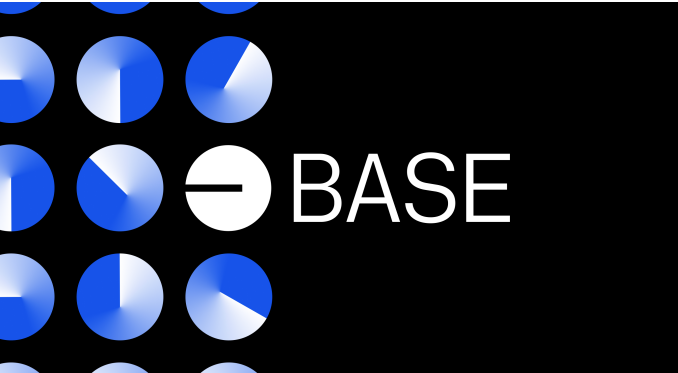
As Coinbase’s Ethereum layer-2 network Base draws closer to a mainnet launch, the cryptocurrency exchange said Wednesday its technology has been extensively vetted by security researchers.
More than 100 people recently pored over the network’s code as part of an audit contest, Coinbase said in a blog post. And across various parts of the network’s architecture, experts couldn’t find any major flaws.
“The more eyes we can get on a codebase, the better,” Coinbase said. “We […] are happy to report there were no significant vulnerabilities discovered.”
The contest conducted through Code4rena spanned 14 days and tasked people with looking for weak points in the network’s smart contracts, bridges, and other areas. $100,000 in stablecoin USDC was ultimately up for grabs in awards, which no one appears to have won, based on Code4rena’s page for Base that show no results.
Coinbase said that engagement with its audit contest for Base was high, and the exchange is still sorting through all the submissions it received, working to address “informative or minor issues” that were brought to light.
Coinbase’s layer-2 network is being constructed in collaboration with Optimism, known for its use of Optimistic Rollups to help scale Ethereum. Base uses Optimism’s OP Stack, and its mainnet launch is expected to come sometime in 2023.
Layer-2 solutions are designed to make transactions on networks like Ethereum cheaper and more efficient by processing transactions in a different space and then relaying results back to their respective network.
The latest round of critical eyes assessing Base’s robustness follows security audits from Spearbit and Sherlock, Coinbase notes, adding that Coinbase’s Protocol Security team has already vetted those findings.
Other measures are being developed to ensure Base’s security, Coinbase said, such as a tool that lets developers scan smart contacts for flaws and another that will monitor Base’s network for irregularities called Pessimism.
As Coinbase looks to diversify its revenue beyond a reliance on trading fees that come from customer trades, it has leaned into subscriptions and services, such as staking. In March, the company announced “Wallet as a Service,” expected to dovetail with Base as a way for firms to add digital wallets to their apps.
When Base was announced in February, Coinbase said the network will be home to its future on-chain products. It also expressed hopes that Base will also become a popular ecosystem among developers, courting projects to the emerging layer-2 network.






Be the first to comment